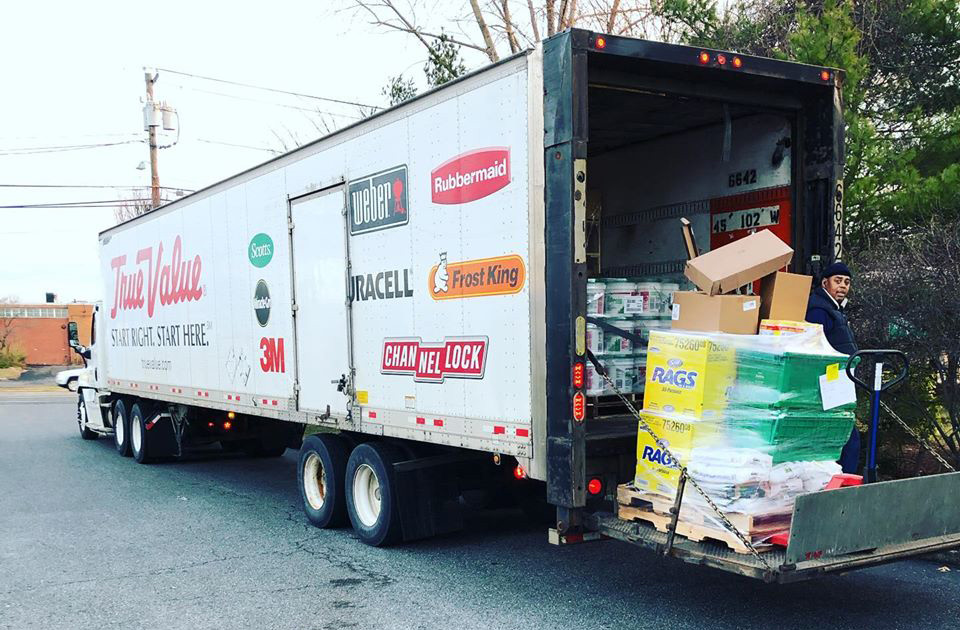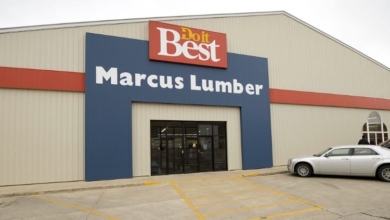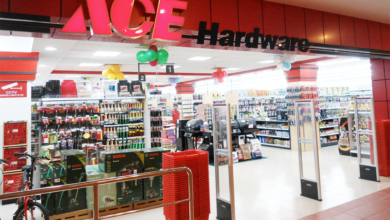True Value Appointed to White House Task Force on Supply Chain Challenges

True Value Company’s CEO Chris Kempa joined a roundtable discussion at the White House with Secretary of Transportation Pete Buttigieg and National Economic Council Director Brian Deese to discuss the launch of Freight Logistics Optimization Works (FLOW), a data-sharing pilot program created to ease supply chain congestion.
True Value joins FLOW along with a small number of U.S. companies asked to share their expertise managing the supply chain crisis. Set up by the Department of Transportation, FLOW aims to improve congestion and speed up the movement of goods by establishing a baseline supply chain data infrastructure to significantly improve goods movement coordination. True Value will contribute critical data about the supply chain to help give a clearer, real-time picture of the flow of goods and where infrastructure improvements should be focused.
“We are honored to be recognized as a leader in supply chain management and asked to serve on this White House task force,” said Kempa. “These have been exceptional times, and I’m very proud of the innovative solutions we employed to help our retailers remain in stock so they could effectively serve their communities during the pandemic.”
A White House fact sheet about the FLOW initiative is available here.
Following the White House roundtable discussion, Jennifer McNeill, vice president of logistics at True Value, held a live discussion with Secretary Buttigieg to further discuss FLOW, the benefits to consumers as a result of the data sharing effort, and True Value’s experiences navigating the supply chain crisis to get products to its retailers as quickly as possible.
“All of True Value’s local, independent retailers were declared essential businesses at the start of the pandemic, so it was particularly vital that they have the products they needed to serve their customers,” said McNeill. “By now the confluence of factors is well-known: raw-material shortages, factory closures, vendor service-level disruptions and allocations, port congestion — the list goes on. What we learned in mitigating all of this should prove valuable in helping to plot national strategy moving forward,” she said.










